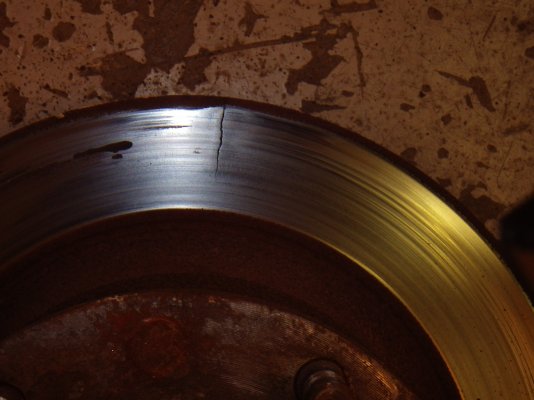Hooray, DH and I pulled the toad for the first time on a trial run. I couldn't feel much different with it, just have to be cognizant of another 12' behind. We have 34' gasser and a Jeep Wrangler that was previously towed.
I do have a question. We don't have a brake system, nor did the prior Jeep owner use one. Everything went well, but I know in some states it's mandatory. The MH manual advises against using a "surge-style" system. Not sure what that refers to; is that like the Brake Buddy that uses hydaulics?
Do the majority of you use a brake system?
Thanks
I do have a question. We don't have a brake system, nor did the prior Jeep owner use one. Everything went well, but I know in some states it's mandatory. The MH manual advises against using a "surge-style" system. Not sure what that refers to; is that like the Brake Buddy that uses hydaulics?
Do the majority of you use a brake system?
Thanks

